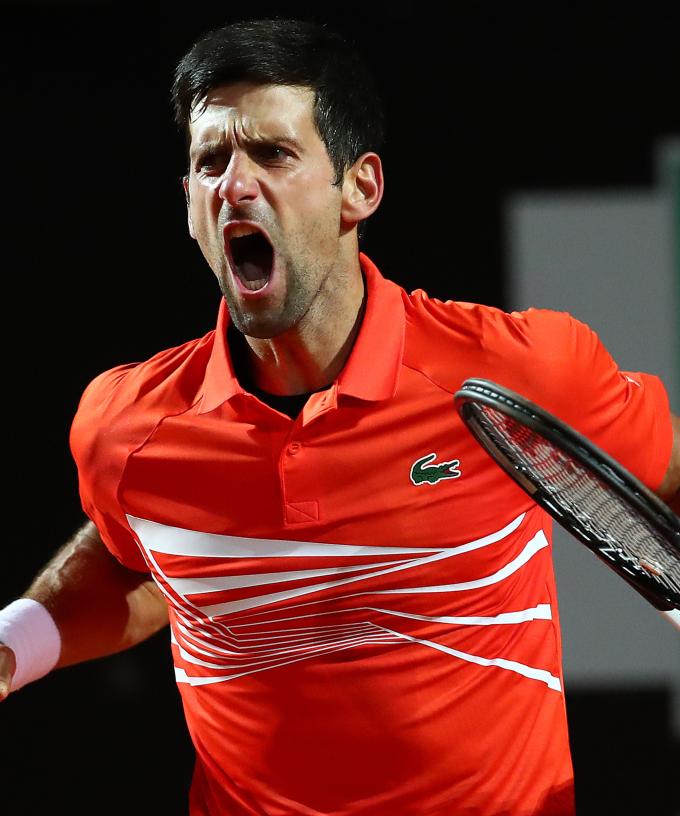Novak Djokovic faces deportation from Australia and will miss the Australian Open after he failed in a last-minute challenge to a decision to cancel his visa.
The three-judge panel of the Federal Court ruled unanimously against the tennis world No.1 on Sunday evening, after hearing his case in an extraordinary out-of-hours sitting earlier in the day.
He’s been ordered to pay the costs of the federal government in running the case.
The judges did not provide reasons for their decisions but said they would do so in the coming days.
Djokovic’s failed legal bid came after Immigration Minister Alex Hawke cancelled the tennis star’s visa for a second time on Friday afternoon, citing a risk to public health and the chance the unvaccinated Djokovic’s presence in Australia could excite anti-vaccination sentiment.
Djokovic’s only remaining legal avenue is an appeal to the High Court, but that court would need to agree to hear the case. Most applications for leave to appeal to the High Court are rejected.
The court sat for five hours on Sunday as lawyers for Djokovic and the federal government duelled over the tennis world No. 1’s potential impact on anti-vaccination sentiment in Australia.
Reigning champion Djokovic was slated to play in the Australian Open’s first round on Monday evening, but he will now likely be taken back to Melbourne’s Park Hotel to be detained ahead of deportation.
Djokovic’s lawyers had argued that Mr Hawke’s decision to cancel the visa was invalid because he’d failed to consider how anti-vaxxers would react if Djokovic were detained and deported.
The evidence suggested that it was actually the government’s actions in cancelling Djokovic’s visa that would really stir up the anti-vaccine movement, Nicholas Wood SC argued.
Mr Wood said Mr Hawke had failed to weigh up which course of action – letting Djokovic stay, or giving him the boot – would be worse for the country’s efforts to vaccinate as many people as possible against COVID-19.
More than 85,000 people watched on as the last-ditch legal effort for the star to play in the Australian Open was broadcast on YouTube.
It was the second urgent court hearing for Djokovic in a week.
The argument on Sunday was a far cry from Monday’s court hearing, which concerned whether Djokovic had a medical exemption that meant he didn’t have to be vaccinated.
After the government conceded it hadn’t shown Djokovic procedural fairness when Border Force agents cancelled his visa at Melbourne Airport, Mr Hawke looked at the issue himself.
He said he assumed Djokovic had recently been infected with COVID-19 and was a “negligible” risk of transmitting the disease to anybody else.
Instead, the Immigration Minister produced new reasons to kick the Serb out of the country. Mr Hawke found his high profile and previous statements against vaccination meant others might refuse to be vaccinated and could even lead to civil unrest.
Legal experts had considered that Djokovic faced an uphill battle given the broad power Mr Hawke has under the Migration Act to cancel the visa.
Chief Justice James Allsop noted the international interest in the case, including in Djokovic’s home country of Serbia, before he delivered the verdict on Sunday evening.
He explained that the decision did not involve an appeal against the decision of the Australian government.
Instead it was a judicial review hearing focused on whether the government’s decision was irrational or unreasonable in a way that made it unlawful, he explained.
“It is not part of the function of the court to decide upon the merits or wisdom of the decision,” Chief Justice Allsop said.
AAP







